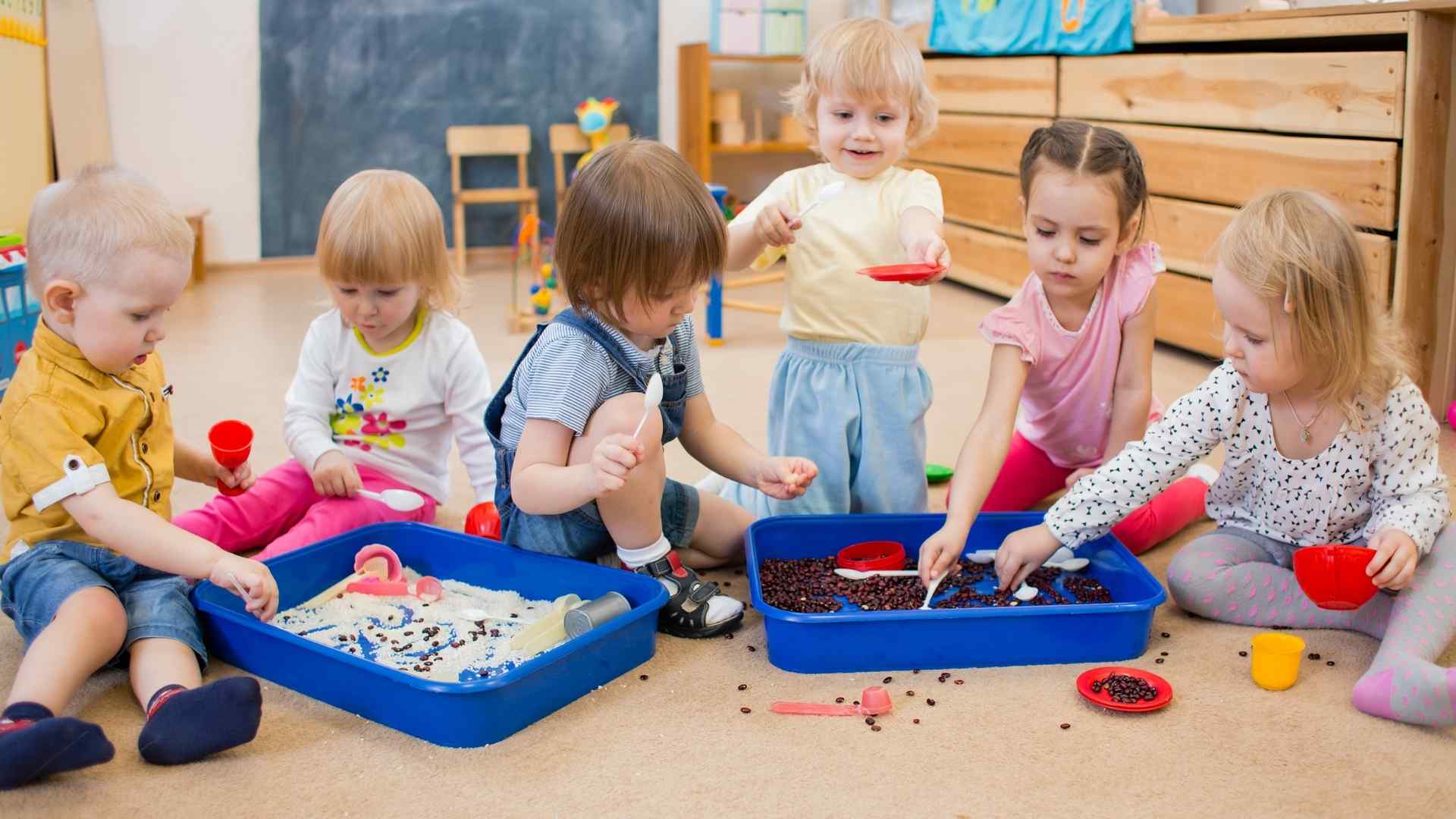Social skills are essential for creating lasting relationships with others. This includes family, friends, or romantic partners. For individuals with autism, social skills often do not develop naturally and require targeted interventions and support. The term ‘social skills’ involves a variety of areas, including but not limited to:
- Understanding and responding to social cues
- Verbal and non-verbal communication
- Making and maintaining friendships
- Developing romantic relationships with others
- Participating in group activities.
Developing these skills is crucial for academic success, independent living, and overall well-being. For many, ABA is the key to unlocking these barriers and creating the pivotal responses necessary for our learners to be successful on their socialization journey!
ABA therapy is designed for children on the autism spectrum (or with similar diagnoses). It can help learners decrease their problem behaviors while giving them replacement skills including communication, self-regulation, and social skills. During ABA treatment, the ABA team will include social skills training in the treatment package to ensure meaningful results for the learners involved. It is difficult for children with autism to interpret social cues, understand people’s intentions, and process when/how to respond or interact with others in social settings.
Here are a few examples of how ABA can help your child with their social skills:
Appropriate Body Language
Working on how to communicate appropriately with body language is a skill set that can take a while to master but is crucial in social interactions. We teach the learner how to use his own body language and how to read other people’s body language.
Intrapersonal Conversation
This skill can be one of the most important aspects of learning social skills. This is targeted via conversations with peers or adults. This allows the ABA team to work on different types of exchanges between peers whether it is small talk, or more in-depth conversations. While teaching this skill, the therapists can also work on how to stay on topic when it is a nonpreferred topic of the child. The team can also work on when and how to take turns in conversations as well as initiating a conversation and at what time to do so. Another key skill that can be addressed is how to determine when someone isn’t interested in having a conversation, or when not to talk about certain topics, and how to change the topic.
Parallel Play
Parallel play skills teach learners how to play alongside or near others. Therapists will usually first practice parallel play with clients and then work on engaging them near/with peers. To master this skill, the team will help teach the child to approach the peer and ask them to play together and/or share their toys.
Interactive Play
Interactive or “back-and-forth” play works on turn-taking, showing sportsmanship for peers/friends, and teaches learners how to respond to winning/losing appropriately.
Role Playing
When we role play, we will practice scenarios for the child to introduce themself, respond to conversation naturally, share with peers, and understand social cues.
If you or anyone you know would benefit from learning these skills, feel free to reach out to the Empower ABA team today at info@empoweraba.com or check-out or website for more information at www.empoweraba.com !

